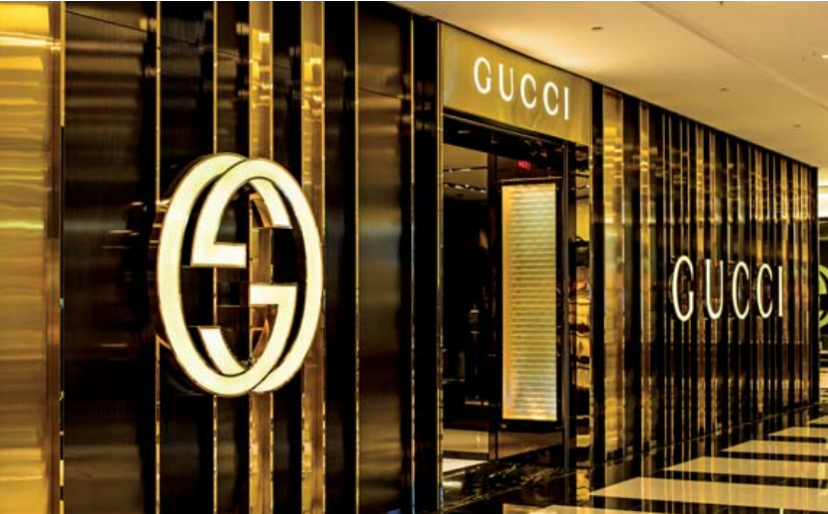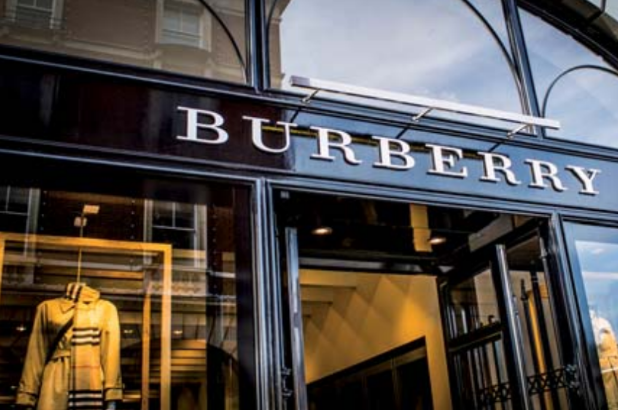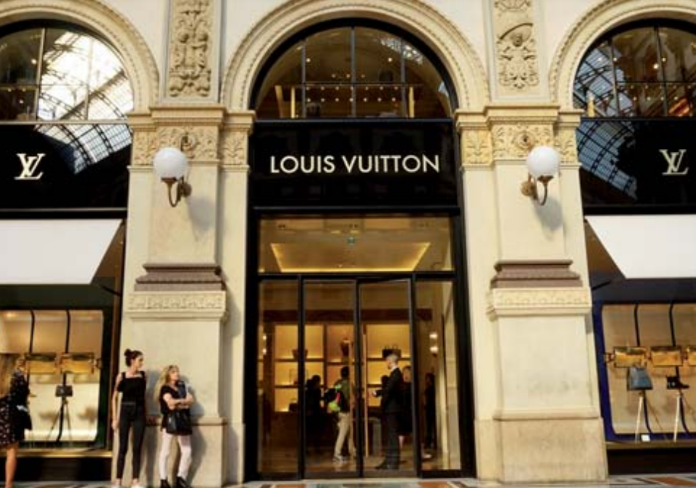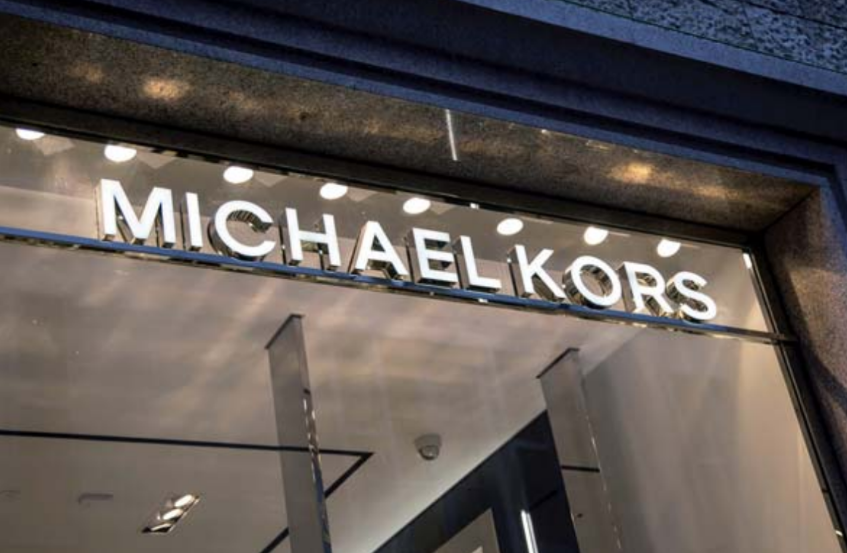Luxury brands face a major challenge when they are expected to provide the same high-end experience they offer in-store to the digital space. As brands rapidly transform their operations to support online business as their primary channel
by Fynd Voices
It has become increasingly difficult for luxury brands to remain relevant to online customers and win over the competition. A popular tested strategy is to merge the in-store and online experience and close the gaps in customer experience across channels to offer a seamless, unified brand experience across devices and physical touch points.
It is referred to as an omnichannel strategy. We’ll examine how some well-known luxury brands have successfully implemented omnichannel strategies to win over their customers.
Gucci

Gucci has one of the advanced omnichannel strategies in luxury retail. Here is what it has
been doing to an omnichannel brand.
Online Video Shopping Platform: The fashion brand opened Gucci 9 Hudson the luxury brand’s client service center in Jersey City, where sales associates engage with customers on their computer screens. The center features bestsellers, including handbags, ready-to-wear leather goods, and footwear.
Associates wearing wireless headsets are encouraged to pick and examine products to explain them better to the clients, so they feel they are in a retail environment.
Augmented Reality: The luxury brand created a collection of digital sneakers that consumers could try on using Augmented Reality. Through the “Gucci Sneaker Garage” available on the Gucci app, shoppers may purchase a pair of digital sneakers, called Gucci Virtual 25, and wear them using Augmented Reality technology in the Gucci app.
Sell Virtual Versions of its Digital Products: Gucci has created virtual versions of its collections and products for e-sports like Tennis Clash, platforms like Roblox, fashion-themed video game Drest, and VR chat apps where users could dress up their avatars with Gucci products.
Another digital version of Gucci’s Dionysus Bag with Bee created for the Roblox marketplace has been sold for $4,115 – exceeding the price tag of the physical accessory.
Burberry

Burberry is one of the top fashion brands in the world and is regarded as the pioneer of omnichannel retailing. The brand was among the first to join Facebook in 2009, and its popularity exploded, with 16 million Facebook fans in just four years.
Consistent in Displaying the Latest Campaigns: Burberry does an excellent job of keeping its latest campaign visible across all online and offline channels. Their e-commerce store, website landing pages social media hero images and wallpapers, and offine advertising match the current campaign or season launch. That makes it easy for customers to see the latest fashion trends regardless of where they shop or browse.
Technologically Advanced Fashion Store
The Burberry flagship stores are at the forefront of technology.
1. They boast huge digital screens that show brand videos and catwalk footage.
2. Their staff carries i-pads so they can build profiles of their customers, and this allows them to offer suggestions based on the customer’s previous purchases, tastes, size, and fit.
3. If a customer is leaving on a trip, they can check stock in any store worldwide and reserve it for them.
Louis Vuitton

Louis Vuitton was recently named as the Omni-leader in 2022. At Louis Vuitton, sales associates are not just regular sales professionals. They are the brand ambassadors and style influencers who support the luxury brand’s service across the customer journey.
What Sets Louis Vuitton Apart as an Omnichannel Leaders in 2023
Louis Vuitton stands out as an omnichannel leader by offering virtual and in-store appointments, curbside and collect-in store options, and agile order management. They prioritize convenience, real-time stock availability, and personalised customer service to enhance the luxury shopping experience.
Virtual and In-store Appointments: The luxury brand offers virtual and in-store appointments, which can be booked online with just a few clicks.
Curbside & Collect-in-store: Additionally, the brand offers curbside and collect-in-store options at select locations, making it easy for customers to pick up their goods safely.
Agile Order Management: Customers can enjoy a new level of convenience and unparalleled customer service from the leading online luxury retailer. They’ll be able to view real-time stock availability on all of their items, choose guaranteed delivery options like same-day delivery based on the item selected, and have a chance to pick up in-store in two hours.
Michael Kors

Everyone wants Michael Kors the a listers like Nicole Kidman, Amal Clooney, or the commoners who love to shop luxury brands. The premium brand focuses on providing its customers with an accessories collection and consistently polished, chic, relaxed, and glamorous clothes.
How does Michael Kors Embrace Omnichannel to Provide Personalised Shopping Experience?
Michael Kors focuses on customer convenience and solutions by offering distance selling through an endless aisle app and premium home shopping experiences. They also utilize live streaming videos and buy online, pick-up in-store options to cater to customer demands.
How is Michael Kors Embracing Omnichannel in 2023?
Michael Kors is pioneering how it offers personalized, seamless shopping experiences to its premium customers. Its journey to omnichannel started with crucial focus points around customer convenience and solutions to provide a seamless shopping experience to its premium customers even when they are at a remote location, far away from their store.
Distance Selling: The celebrity-endorsed brand offers a highly personalized shopping experience for its affluent customers even if they are not nearby a Michael Kors store. The brand uses the Fynd store an endless aisle solution app that easily integrates its centralized inventory and helps customers enjoy the luxurious shopping experience from any distant location.
The app is used by in-store personnel to cater to & fulfill the exclusive shopping demands of far-off customers during regular selling and End of Season Sale (EOSS) days.
Premium Home Shopping Experience: A Michael Kors staff visits the customer’s home with demanded products. The customer can try the product at home, feel good after taking its look test, select the products, make payment, and enjoy the luxury home shopping experience by Michael Kors.
This is a real example of an omnichannel strategy that clearly explains that if a Michael Kors customer can’t reach the luxury brand store, the brand can get the premium customer at his own home.
Live Streaming Video: During quarantine, Michael Kors tapped into the live streaming video to help launch new customisable handbags. With stores now open, it offers to buy online and pick up in-store from a button on the product page, and orders are then ready at a store near the customer within a few hours.
Conclusion
The luxury brand market is becoming more and more competitive. To create the most positive customer experience, these brands are looking to enhance their omnichannel strategies and customer engagement.
This article was first published on www.fynd.com under Fynd Voices -https://www.fynd.com/blog/luxury-brands-embracing-omnichannel




